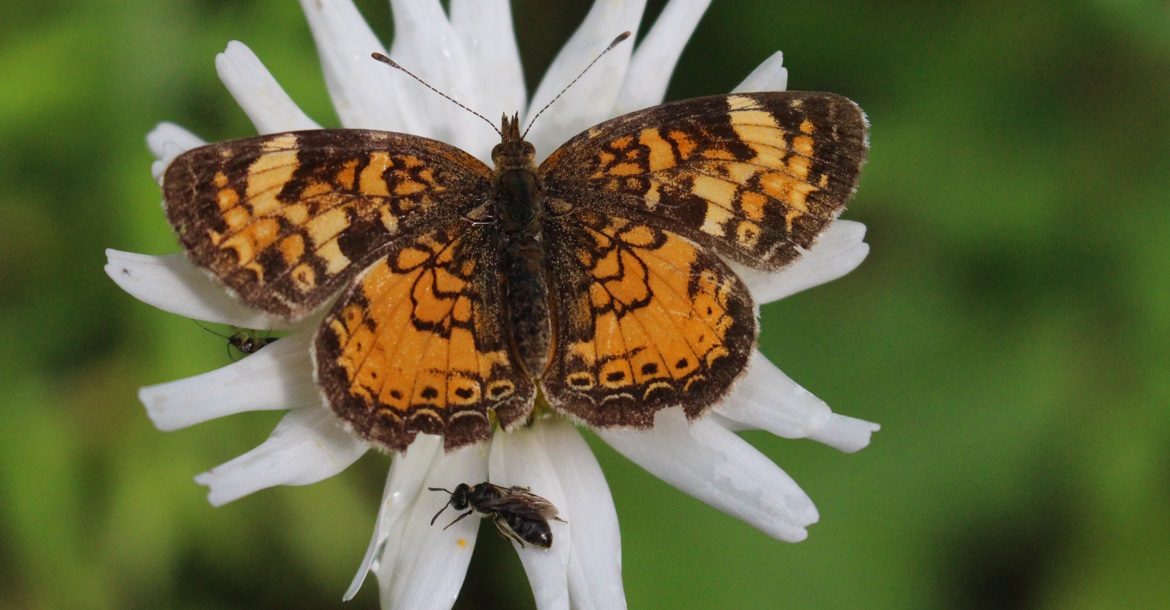| 2024/11 |
Postdoctoral Scholar
National Studies on Air Pollution and Health, Harvard T.H. Chan School of Public Health
Dr. Francesca Dominici and Dr. Danielle Braun
|
| 2023/05-2024/05 |
Postdoctoral Scholar
Paul G. Allen School for Computer Science and Engineering, University of Washington
Dr. Tim Althoff
|
| 2021-2023 |
Visiting Student
CSAIL, Massachusetts Institute of Technology
|
| 2018/09-2023/04 |
Student Researcher
Vector Institute & SickKids Hospital, Toronto, Canada.
Dr. Marzyeh Ghassemi and Dr. Anna Goldenberg
- Representation learning for electronic health records and time series data
|
| 2019/04-2023/04 |
Visiting Student Researcher
LKS CHART, St.Michael’s Hospital, Toronto, Canada
Dr. Muhammad Mamdani and Dr. Amol Verma
- Early warning system for general internal medicine
- Multi-site generalisability for underdiagnosed disease classification.
|
| 2019/09-2019/12 |
Teaching Assistant
CSC311, Intro to Machine Learning, University of Toronto
Dr. Murat Erdogdu and Dr. Richard Zemel
|
| 2019/01-2019/04 |
Teaching Assistant
CSC2541, Machine Learning for Healthcare, University of Toronto
Dr. Marzyeh Ghassemi
|
| 20182021 |
Teaching Assistant
CSC311, Intro to Machine Learning, University of Toronto
Dr. Roger Grosse
|
| 2016/11-2018/07 |
Microengineering Research Assistant
Wyss Institute for Bioinspired Engineering at Harvard, Boston, USA
Dr. Donald Inger & Dr. Richard Novak
- Created computer vision algorithms and hardware to infer omics in whole animal infectious disease screens (executed on AWS instance)
- Created a cognitive screening platform for analysing behavioural effects of pharmaceuticals
- Created an affordable and manufacturable optogenetic stimulation box for Dr. Mike Levin’s Lab at Tufts University
- Designed image processing pipeline incorporating AI algorithms to measure oxygen concentration in microfluidic devices
- Created Custom printed circuit boards (PCBs) for various hardware and sensing capabilities
|
| 2016/01-2016/05 |
Graduate Student Instructor (Volunteer)
BIOE221, Advanced BioMEMS and Bionanotechnology, University of California, Berkeley
Dr. Luke Lee
|
| 2015/09-2016/05 |
Student Researcher
Bio-Nanomaterials Lab, Lawrence Berkeley National Laboratory, University of California, Berkeley, USA
Dr. Seung-Wuk Lee
- Producing bio-nano surfaces from Bacteriophages for portable diagnostics
- Applying computer vision for automatic colourimetric sensor analysis
|
| 2015/05-2015/08 |
Student Researcher
Advanced Thermofluidics Laboratory and Integrated Bio-Micro/Nanotechnology Laboratory, University of British Columbia, Kelowna, Canada
Dr Mina Hoorfar and Dr. Keekyoung Kim
- Characterized dielectrophoretic patterning of mammalian cells in hydrogel on digital microfluidic platforms. The paper can be found here.
- Produced custom PCB and chip designs, and fabricated devices using photolithography
|
| 2015/05-2015/08 |
Student Researcher
Heart Valve Performance Laboratory, University of British Columbia, Kelowna, Canada
Dr. Hadi Mohammadi
- Designed manufacturing process for biomimetic hydrogel microvessels
- Surgically simulated aortic root replacement with coronary artery bypass grafts on the models
|



